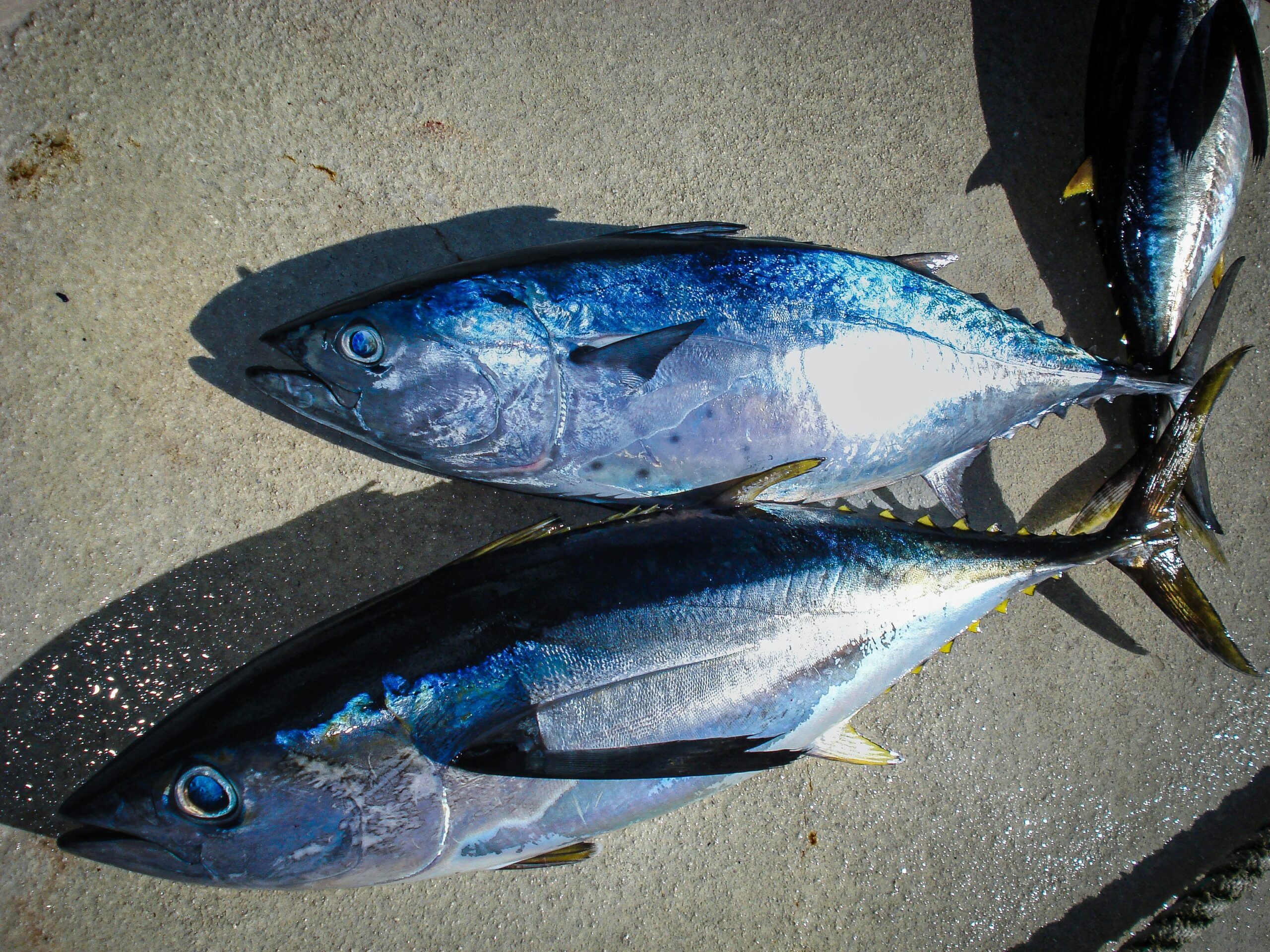Photo of Tuna by Sean Robertson
Pakistan has landed a major victory in its fisheries sector by securing a 25,000-metric-ton tuna fishing quota from the Indian Ocean Tuna Commission (IOTC), marking a turning point for the country’s marine economy. The quota includes 15,000 tons of Yellowfin Tuna and 10,000 tons of Skipjack Tuna, positioning Pakistan to become a key supplier in the global seafood market.
Economic potential of the quota
With international prices for tuna averaging between $5 and $7 per kilogram, the deal has the potential to generate an estimated $200 million in foreign exchange, according to Arab News. While Pakistan already catches over 45,000 metric tons of tuna annually, much of this has historically bypassed formal economic channels due to unregulated and undocumented fishing practices.
The new IOTC quota is expected to bring more transparency and oversight to the sector—creating formal revenue streams, boosting exports, and supporting livelihoods along Pakistan’s 1,000-kilometer coastline.
Policy reforms to support growth
To harness this opportunity, Pakistan is rolling out its National Fisheries and Aquaculture Policy, which aims to unify previously fragmented fisheries regulations and encourage environmentally sustainable practices. According to Arab News, the policy specifically targets the phasing out of destructive fishing techniques such as gillnetting and trawling—methods that harm marine biodiversity and result in significant bycatch.
Instead, the government is promoting longline fishing, a more selective and sustainable method endorsed by international conservation standards. This transition is not only a bid to preserve ocean health but also a strategic move to ensure Pakistani seafood meets global export certifications.
Strengthening export infrastructure
In tandem with regulatory reforms, the government has overhauled seafood export certification and testing fees. This has led to a significant increase in state revenue—from Rs48 million (approx. $169,000) to Rs250 million (approx. $880,000), as noted in the Arab News report. These revisions are designed to streamline Pakistan’s compliance with international food safety standards, making the country’s seafood more competitive on the global stage.
Efforts are also underway to modernize the supply chain, improve cold storage facilities, and expand access to global markets—particularly in Europe, the Middle East, and East Asia, where demand for sustainably caught tuna continues to grow.
A New Era for Pakistan’s Fisheries Sector
This historic tuna quota signals a broader shift in Pakistan’s approach to its maritime economy. By aligning with international best practices and formalising a previously informal sector, the country is laying the foundation for long-term economic growth, job creation, and environmental stewardship.
With proactive policies and international partnerships in place, Pakistan is poised to transform its fishing industry from an underutilised asset into a cornerstone of national economic development.
